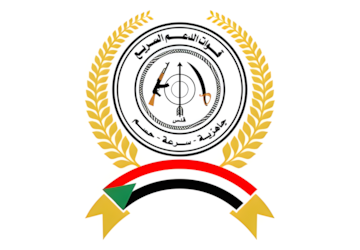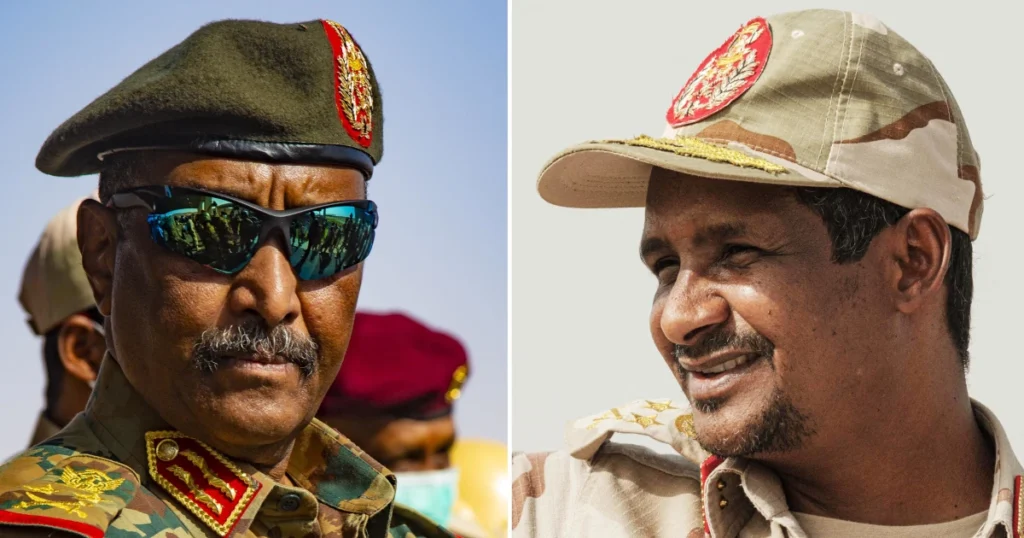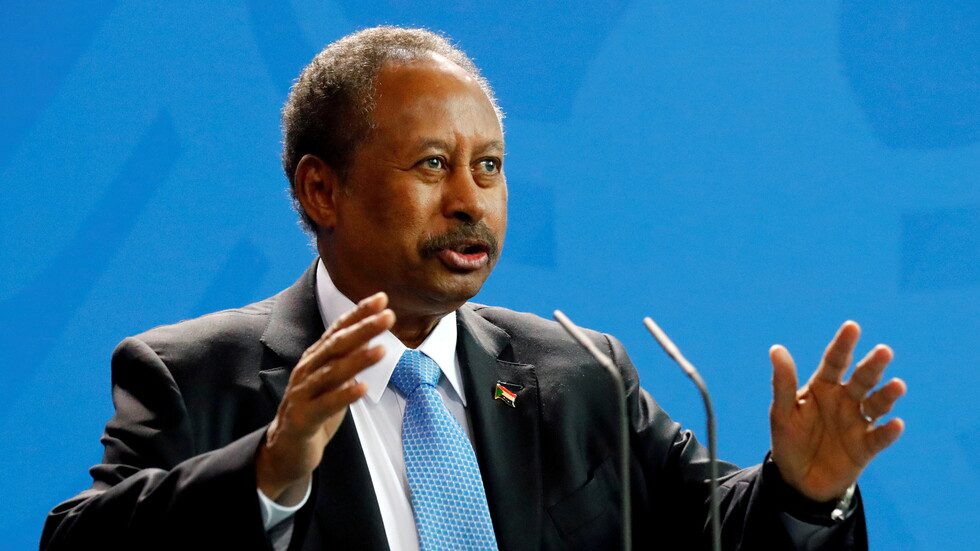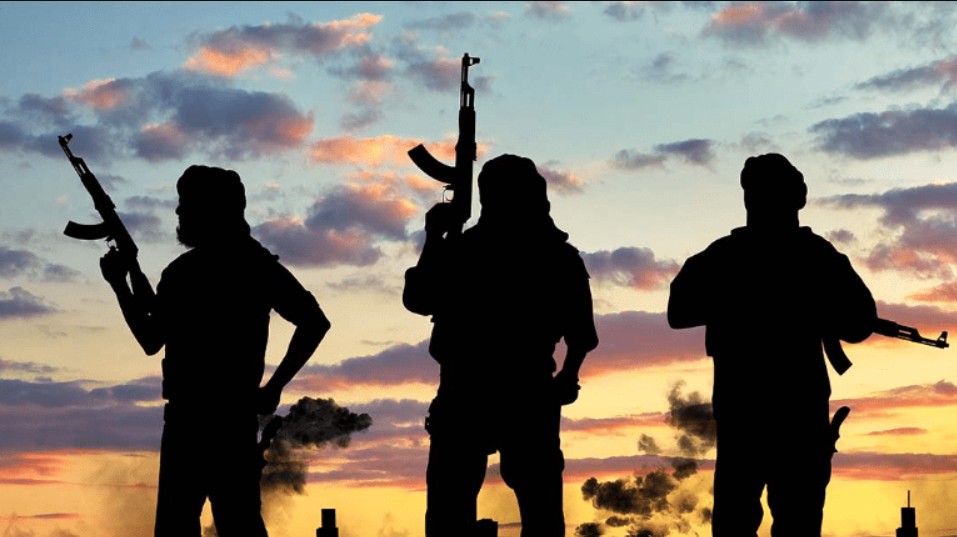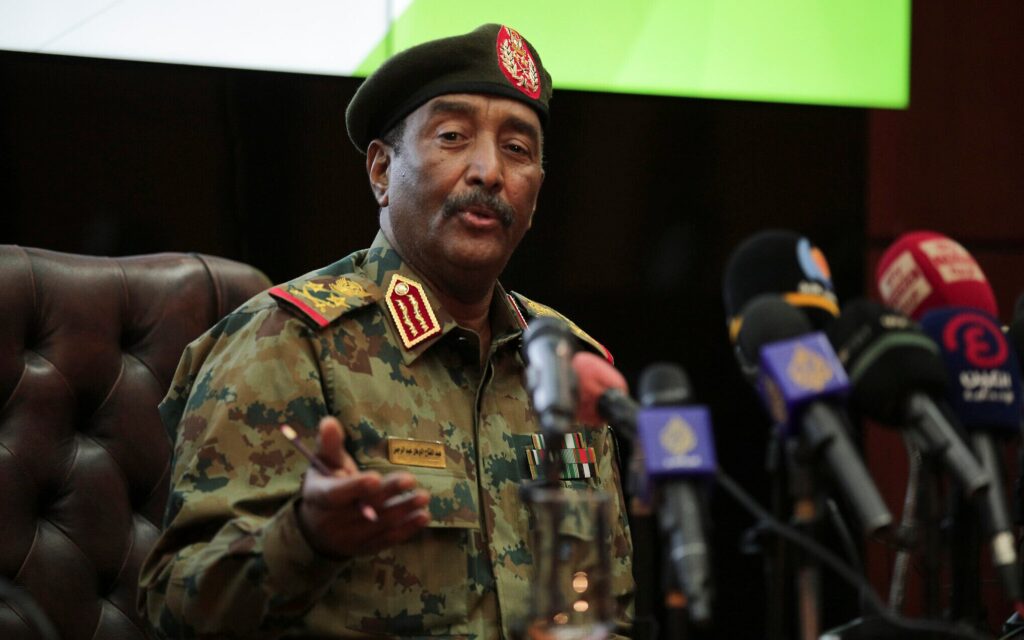
The International Criminal Court’s conviction of Ali Muhammad Ali Abd-al-Rahman, known as “Ali Kushayb,” has sharpened scrutiny of SAF chief Gen. Abdel Fattah al-Burhan, whom civil forces accuse of shielding figures from Omar al-Bashir’s former regime, including ICC fugitives.
On Tuesday, ICC judges found Kushayb guilty on 27 counts of war crimes and crimes against humanity—among them rape, murder and torture—committed in Darfur between 2003 and 2004. It is the first and only trial to address atrocities committed in Sudan since the UN Security Council referred the situation to the court in 2005, a ruling widely viewed as historic.
Four others still face ICC charges over Darfur: deposed dictator Omar al-Bashir, former defense minister Abdel Rahim Mohamed Hussein, former interior minister Ahmed Haroun, and rebel commander Abu Garda. Bashir, Hussein and Haroun were detained in Sudan after the 2019 uprising that toppled Bashir, while Kushayb fled and surrendered to the ICC in 2020. With the outbreak of war between General al-Burhan’s army (SAF) and the Rapid Support Forces (RSF) in April 2023, several detainees—including ICC suspects—escaped amid opposition claims the SAF enabled their release under pressure from Islamist networks.
Kushayb’s conviction has reignited debate inside Sudan over the status of ICC-wanted figures and intensified calls for the SAF to lift any political cover.
TASIS, the Sudan Founding Alliance, welcomed the ICC ruling and called for immediate extradition of the remaining defendants—Bashir, Haroun and Hussein—saying the same network behind the Darfur atrocities “ignited the April 15, 2023 war” and continues to destabilize the country. In its statement, TASIS urged international pressure to compel handovers to The Hague and argued that accountability for past crimes is a precondition for any credible political process.
The United Civil Forces Alliance (Qimam) also welcomed the verdict and urged swift, concrete steps against remaining regime figures “living under army protection and remnants of the Islamic movement.”
Othman Abdelrahman Suleiman, Qimam’s spokesperson, said al-Burhan “faces a major predicament after shielding symbols of the defunct regime,” arguing he had multiple chances to cut ties with Islamist hardliners but instead allowed them to deepen their influence in the military.
The ruling also adds pressure on Sudan’s Islamist movement, which international actors blame for fueling the latest conflict. The Quartet—comprising the United States, Egypt, Saudi Arabia and the United Arab Emirates—signaled in a recent humanitarian truce proposal that Islamists should be excluded from any future political role.
Qimam called on the international community to impose restrictions and sanctions on Islamist figures and to urgently examine abuses attributed to the movement in Darfur and Kordofan. Suleiman accused the Port Sudan SAF leadership of sheltering Bashir and other regime pillars, calling it “a profound betrayal of the Sudanese people” and proof that “the current army leadership and the Islamist movement are two sides of the same coin.”
Sudan remains engulfed in a new chapter of war marked by allegations of grave abuses by both main warring parties.

